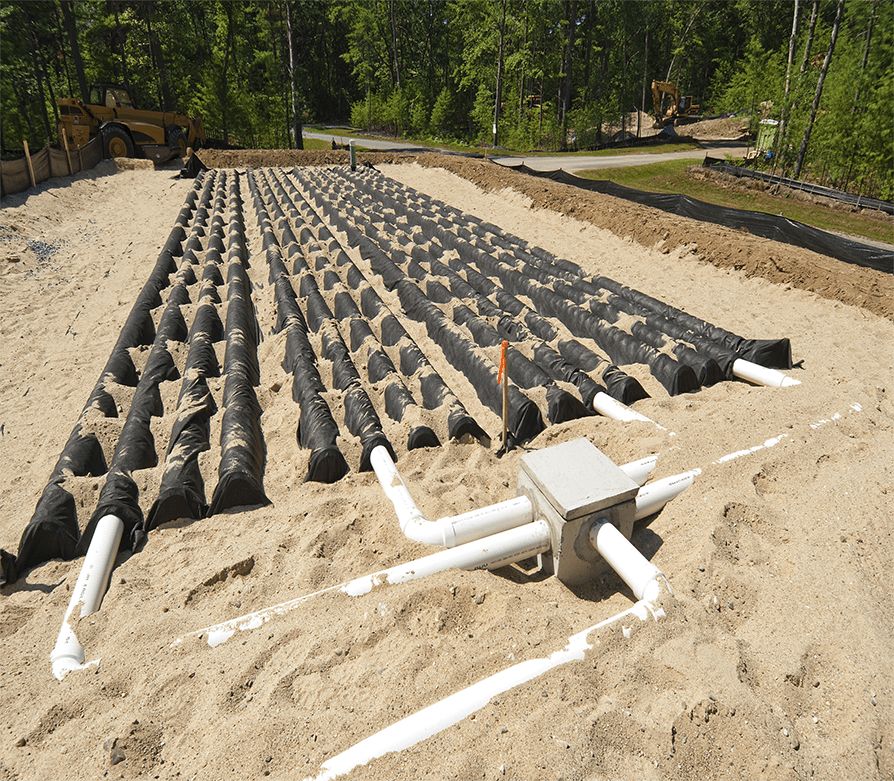678-590-1310
The lifespan of a septic tank system varies from 15 to 40 years. There are many factors that affect a septic tank's life expectancy, including its materials and whether it has experienced damage from clogging by roots, flooding by groundwater, or vehicle traffic. So what are the cost?
Based on the national averages, a Dacula, Georgia homeowner can expect to spend anywhere between $300 to $500 each time the septic tank is pumped, or services delivered depending on the size of the tank. If you pump or service your septic tank every three years and the cost is $300, you only paid $100 per year to manage your sewage, which is less than the average cost per U.S. household of $500 to $600 a year.

Your system should be inspected every two years. If you are buying a home, it is important to be aware, that the septic system is one of the most expensive components of the average Dacula, Georgia home, and it is often the most difficult to replace.
While it is often not included in a home inspection, it can cost tens of thousands of dollars to replace a malfunctioning septic system. A faulty septic system may not be obvious until you begin to experience frequent backups and unpleasant odors in your new home.

A Septic Tank inspection can take anywhere from 45 minutes up to 3 hours. A septic system inspection is a comprehensive evaluation of all the components of your complete septic system. First, the inspector will locate and open the septic tank so that he may confirm wastewater sources from the house to the septic tank and visually inspect the septic tank at its operating level. Then, he/she will assess the septic tank, distribution box, and absorption area.
A part of the inspection involves examining all the system’s mechanical and electrical components including septic lines, baffles, filters, pumps, floats, alarms, etc. The drain field will also be located and evaluated. Finally, the septic system professional will pump out the septic tank’s contents, thoroughly clean it, determine its size, and inspect the empty tank for any cracks, holes, or structural issues using a mirror and spotlight. Following the physical inspection, our staff will present their findings in a comprehensive report that will indicate any conditions which may signal problems in the future.